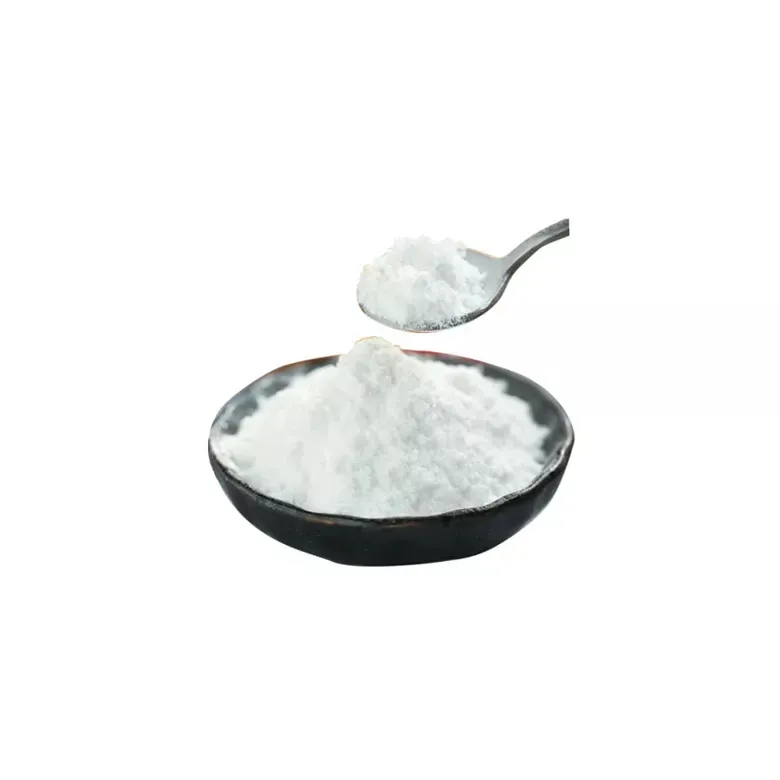Warning: Undefined array key "file" in /home/www/wwwroot/HTML/www.exportstart.com/wp-content/themes/1198/header.php on line 7
Warning: Undefined array key "title" in /home/www/wwwroot/HTML/www.exportstart.com/wp-content/themes/1198/header.php on line 7
Warning: Undefined array key "title" in /home/www/wwwroot/HTML/www.exportstart.com/wp-content/themes/1198/header.php on line 7
- Afrikaans
- Albanian
- Amharic
- Arabic
- Armenian
- Azerbaijani
- Basque
- Belarusian
- Bengali
- Bosnian
- Bulgarian
- Catalan
- Cebuano
- China
- China (Taiwan)
- Corsican
- Croatian
- Czech
- Danish
- Dutch
- English
- Esperanto
- Estonian
- Finnish
- French
- Frisian
- Galician
- Georgian
- German
- Greek
- Gujarati
- Haitian Creole
- hausa
- hawaiian
- Hebrew
- Hindi
- Miao
- Hungarian
- Icelandic
- igbo
- Indonesian
- irish
- Italian
- Japanese
- Javanese
- Kannada
- kazakh
- Khmer
- Rwandese
- Korean
- Kurdish
- Kyrgyz
- Lao
- Latin
- Latvian
- Lithuanian
- Luxembourgish
- Macedonian
- Malgashi
- Malay
- Malayalam
- Maltese
- Maori
- Marathi
- Mongolian
- Myanmar
- Nepali
- Norwegian
- Norwegian
- Occitan
- Pashto
- Persian
- Polish
- Portuguese
- Punjabi
- Romanian
- Russian
- Samoan
- Scottish Gaelic
- Serbian
- Sesotho
- Shona
- Sindhi
- Sinhala
- Slovak
- Slovenian
- Somali
- Spanish
- Sundanese
- Swahili
- Swedish
- Tagalog
- Tajik
- Tamil
- Tatar
- Telugu
- Thai
- Turkish
- Turkmen
- Ukrainian
- Urdu
- Uighur
- Uzbek
- Vietnamese
- Welsh
- Bantu
- Yiddish
- Yoruba
- Zulu
jul . 21, 2024 01:35 Back to list
Understanding the Properties and Uses of Propylene Glycol in Various Industries Today
Propylene Glycol An Overview
Propylene glycol, a colorless and nearly odorless liquid, is a synthetic organic compound derived from petroleum. Its chemical formula is C3H8O2, and it is classified as a diol. Used across various industries, propylene glycol has gained prominence due to its versatility and safety profile. The compound is recognized by several names, including 1,2-propanediol and methyl glycol.
Propylene Glycol An Overview
The pharmaceutical industry also exploits the properties of propylene glycol. Since it is an excellent solvent for many drugs, it is commonly used as a carrier in liquid medications, topical applications, and even intravenous formulations. Its hygroscopic nature allows it to maintain the stability of these formulations by retaining moisture, thus preventing degradation. Additionally, propylene glycol is often used in the production of antifreeze and de-icing solutions due to its low toxicity compared to ethylene glycol.
propylene glycol deutsch

In cosmetics and personal care products, propylene glycol serves multiple functions. It acts as a humectant, attracting moisture to the skin, which is essential for maintaining hydration and smoothness. It also functions as a solvent and stabilizer, enhancing the efficacy and consistency of creams, lotions, shampoos, and other beauty products. Consumers benefit from propylene glycol’s ability to dissolve other ingredients and improve the overall application experience.
Despite its widespread usage, concerns have been raised regarding potential health issues associated with propylene glycol. In high concentrations, it can lead to skin irritation and allergic reactions in certain individuals. However, the FDA and other regulatory agencies continue to assert that propylene glycol, when used appropriately, poses minimal risk to human health. Studies have demonstrated that the compound is metabolized effectively in the body, being converted to lactic acid, which is then utilized in energy production.
Environmental safety is another critical aspect to consider. Propylene glycol is biodegradable, meaning that it breaks down into non-toxic by-products, making it a more environmentally friendly option compared to other solvents and glycols. This characteristic has prompted many companies to adopt propylene glycol as a green alternative in their products and processes.
In conclusion, propylene glycol is a multifaceted compound that plays a pivotal role in various industries, including food, pharmaceuticals, and cosmetics. Its ability to act as a moisturizer, solvent, and stabilizer makes it invaluable to manufacturers and beneficial for consumers. While users should be mindful of possible sensitivities, the consensus in the scientific community underscores the safety and efficacy of propylene glycol in controlled quantities. As industries continue to evolve and prioritize sustainability, the demand for environmentally safe ingredients like propylene glycol is likely to increase, solidifying its position as a vital compound in modern production and formulation processes.
Latest news
-
2025 European Fine Chemicals Exhibition in Germany
NewsMay.13,2025
-
2025 New York Cosmetics Ingredients Exhibition
NewsMay.07,2025
-
Zibo will host the 2025 International Chemical Expo
NewsApr.27,2025
-
2025 Yokohama Cosmetics Raw Materials and Technology Exhibition
NewsApr.22,2025
-
2025 India Mumbai Fine Chemicals Exhibition
NewsApr.18,2025
-
Nanjing will host the 2025 Yangtze River Delta International Chemical Industry Expo and the National Chemical Industry Conference
NewsApr.15,2025

